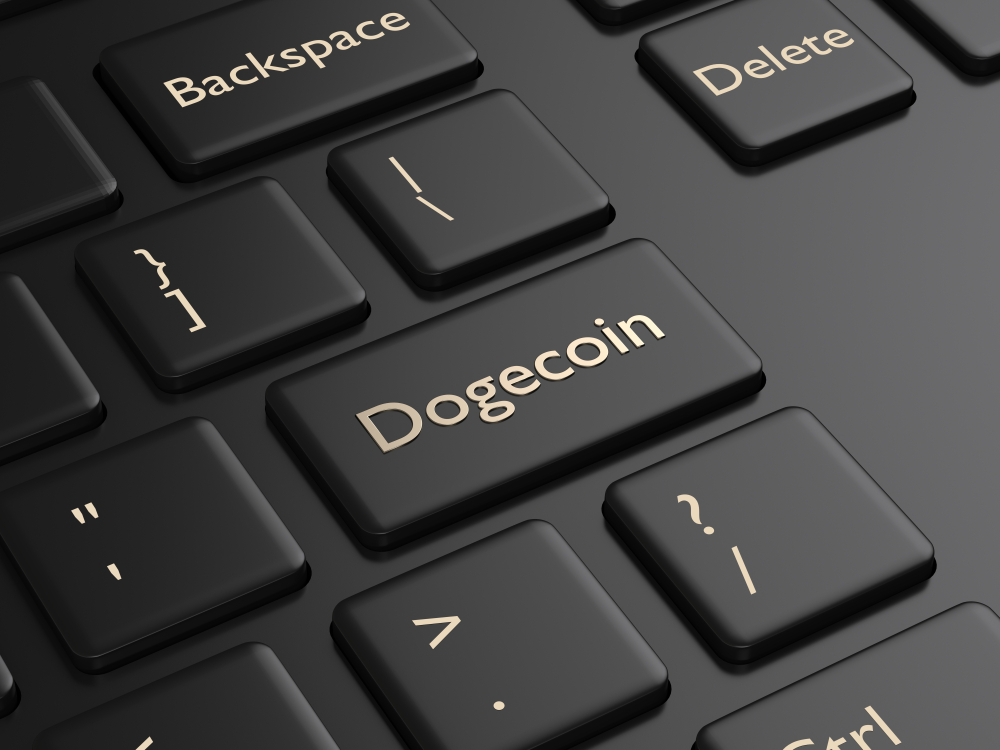2019-10-11 17:52 |
Over the last few weeks, the U.S. Federal Reserve has enacted policies that will have critical repercussions for the economy. These maneuvers cast a spotlight on the role of central and private banks, and provide an opportunity to think about how decentralized technologies can restore fairness to U.S. consumers.
On September 18th, the Federal Open Market Committee announced a reduction in the federal funds rate by 0.25 percent to a range of 1.75 percent to 2 percent. This was the Fed’s second rate cut in as many months. Since 2008, interest rates have languished between 0 and 2.5%. U.S. consumers are accustomed to minuscule returns on their savings accounts and certificates of deposit (CDs), but even so, this latest reduction is yet another blow to their personal finances and savings.
While consumers count their pennies, low interest rates free up cost of capital for banks’ other lucrative revenue streams, such as consumer credit card lending, investment banking and trading operations. Indeed, banks are now more profitable than ever – thanks in large part to President Trump’s tax cuts – yet they refuse to reduce the high interest they charge consumers on their credit cards.
The very same week as trimming rates, the Fed announced it was injecting $280 billion dollars into the securities repurchase, or “repo,” market so that banks could meet their liquidity needs. Expected to continue until October 10th, this is the Fed’s first major repurchase market operation since the 2008 crisis and contradicts its statements that it will continue to reduce its treasuries balance sheet of almost $4T.
Banks’ need for emergency cash infusions testifies to their enduring fiscal irresponsibility. In the years after the housing bubble, the Fed propped up banks’ balance sheets by buying up their toxic mortgage-backed securities. Despite several years of receiving this free money, banks have used their cash reserves for other profitable purposes (as illustrated above) and negligently allowed their net balance to dwindle below acceptable levels.
Some would say the Fed’s repo payments are a natural result of post-2008 capital reserve requirements that banks face, and that such measures support economic stability. However, there is nothing “stable” about a system in which the Fed holds rates artificially low and gives free money to banks, allowing them to make obscene profits while saddling consumers with debt and obstructing their ability to save.
On the contrary, that is a system ripe for disruption.
The Role of Blockchain and Digital Assets in ‘DeBanking’ the EconomyBlockchain technology, digital assets, and decentralized finance (“DeFi”) provide the opportunity to completely reframe how the world looks at banking and financial services – and in all likelihood, the Fed is unwittingly accelerating the demand for these new technologies with its market manipulations.
For example, by cutting rates and impairing the ability of depositors to earn sufficient interest on their savings, the Fed is spurring consumers to look elsewhere for yield. Bitcoin, Ether, and other non-pegged digital assets allow consumers to diversify their wealth and hedge against greenbacks.
It’s no wonder that 43% of young Americans, many of whom are burdened by student loans and worried about their savings, think cryptocurrencies should “replace” our current financial system, according to a recent study.
In parallel, the Fed’s injection of billions of dollars into banks’ coffers via the repo market begs an obvious question: why does the Fed give cash to banks, but not directly to U.S. citizens or other organizations?
The banks’ stranglehold on newly minted currency will continue to erode faith in the dollar and increase the popularity of stablecoins like USD Coin and TUSD. These dollar-pegged digital assets are a stable medium of exchange – and unlike dollars, they are cryptocurrencies that run on the blockchain and are protected by private keys, enabling more unmediated peer-to-peer lending and borrowing services, eliminating the need for banks and other toll-collectors.
The crypto revolution is still in its early stages: there are less than $500B in total assets on the Blockchain, a small sliver of the $120T global economy.
But the wheels are already in motion, and what began as a decentralized movement is now attracting corporate and government backers. From Facebook’s Libra and JP Morgan Coin to the growing interest of central banks, large institutions are now competing with decentralized protocols over the future of cryptocurrency.
While it’s anybody’s guess which companies or protocols will emerge victorious in the battle over cryptocurrency, one thing is certain: the mutual interdependence of the Fed and too-big-to-fail banks will generate more skepticism of the financial system and increase demand for decentralized solutions.
The author is the CEO of Celsius Network.
We not accept any payment or financial benefit from expert guest authors.
If you are a blockchain expert with an interest in sharing your knowledge, please contact our Managing Editor, Jon Rice, via email at editor AT cryptobriefing.com
The post Fed Market Manipulations Prove The Financial System’s Need For Decentralization appeared first on Crypto Briefing.
origin »Bitcoin price in Telegram @btc_price_every_hour
Formosa Financial (FMF) íà Currencies.ru
|
|






















